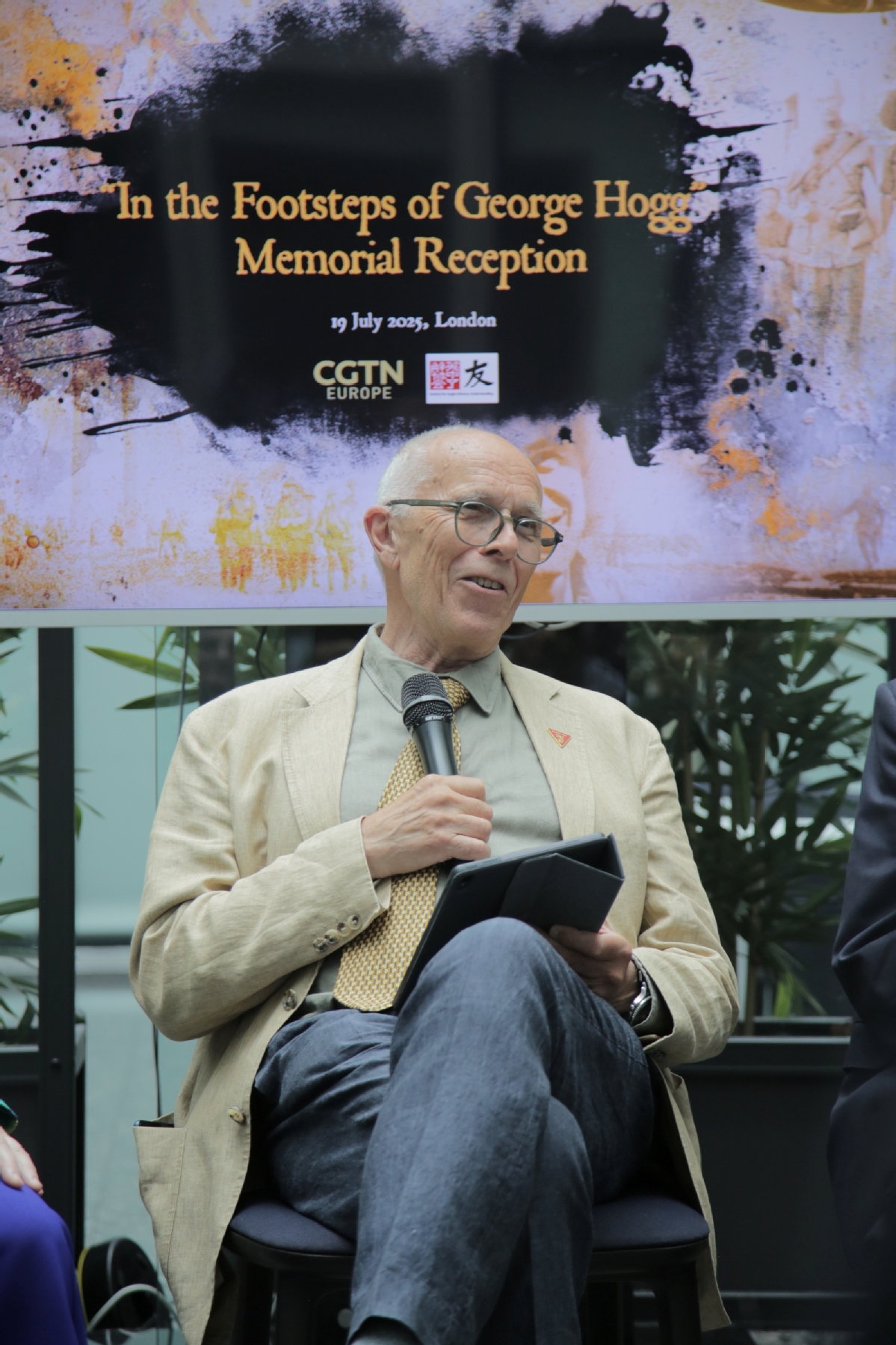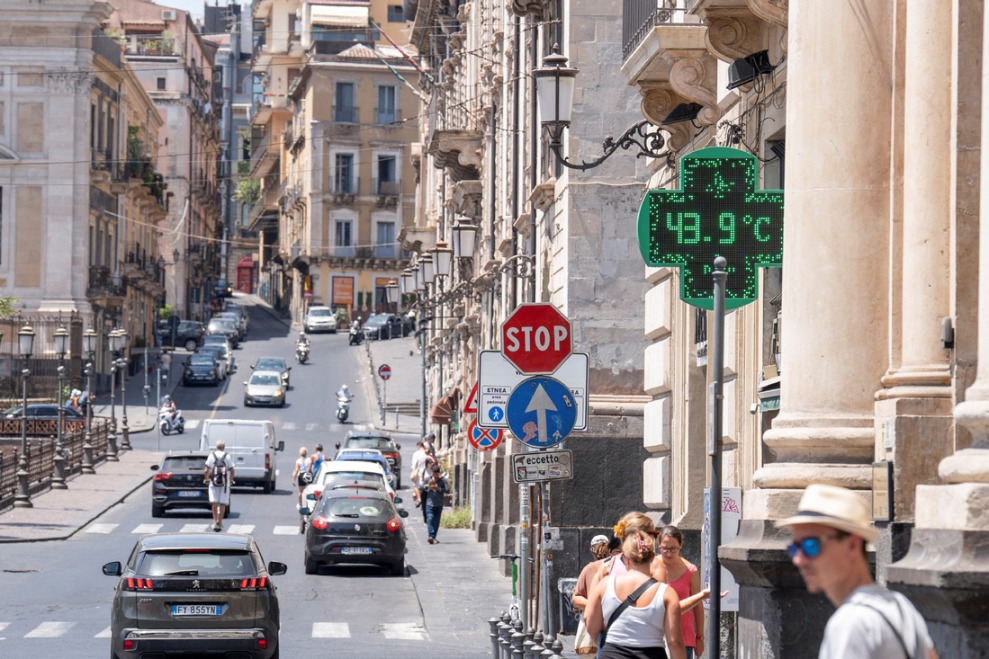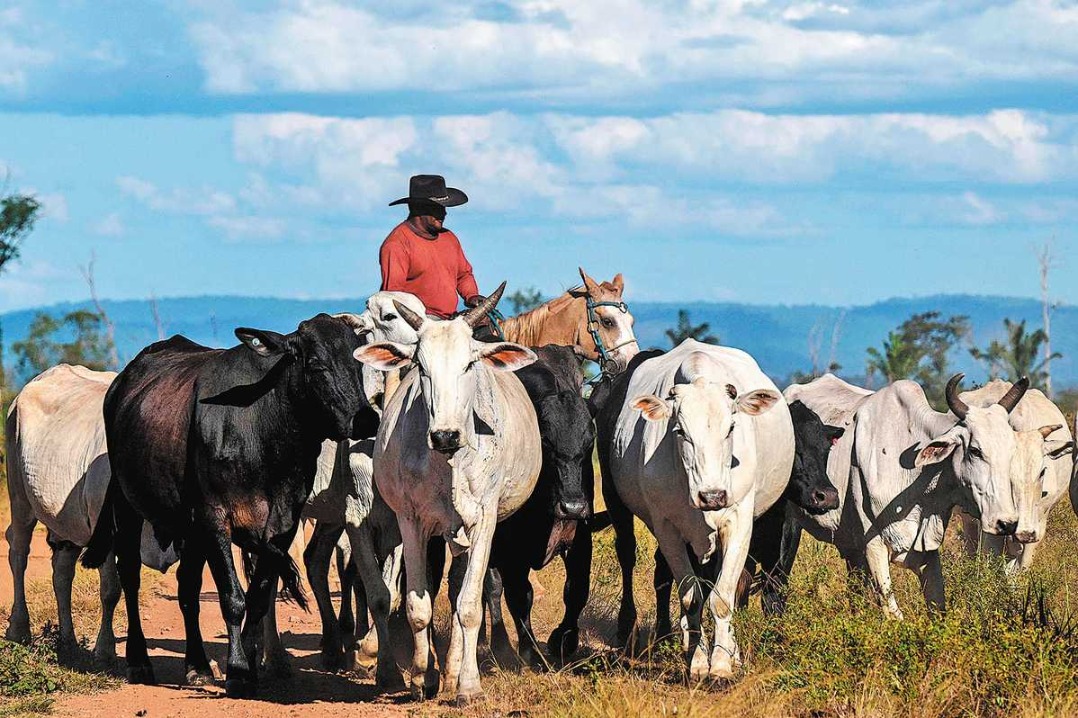Hero Hogg highlights China's overlooked wartime story


Although it is 80 years since the end of World War II, the name George Aylwin Hogg still resonates deeply in both China and the United Kingdom. Born in 1915, Hogg was a young British journalist who arrived in China during one of its darkest hours, the brutal Japanese invasion. Yet rather than returning to the safety of home, Hogg chose to stay and risk his life to support and protect the Chinese people.
His legacy, marked by selfless dedication and deep humanity, is being honored this year through memorial events in both countries, and a renewed effort to tell his story.
At a commemorative event in London titled In the Footsteps of George Hogg, family members, scholars, and representatives from both nations gathered to reflect on his remarkable life. The event coincided with the 110th anniversary of Hogg's birth and was organized by the Chinese Embassy in the UK, CGTN Europe, and the Society for Anglo-Chinese Understanding, also known as SACU.
Speaking at the event, Minister Wang Qi of the Chinese Embassy in the UK said that Hogg was both a chronicler who exposed the truth of Japan's invasion of China and a selfless educator, adding that he embodied the spirit of internationalism with his life, and is deeply remembered by the Chinese people.
"Over the past 80 years, China has made a remarkable transformation from poverty and weakness to prosperity, continuing to promote high-quality development and open cooperation," said Wang. "The peoples of China and the UK forged a deep friendship amid the flames of war, and we should learn from history and move forward together."
Among the guests was Mark Aylwin Thomas, Hogg's nephew and author of Blades of Grass: The Story of George Aylwin Hogg. In an interview with China Daily, Thomas emphasized that his uncle never intended to become a hero. "He kind of came to stay in China by accident," he said.
While on a world tour in the late 1930s with his aunt, the noted pacifist Muriel Lester, Hogg visited Japan and was urged by Christian pacifists to continue on to China to witness the brutal conflict firsthand. That became a turning point in his life.
Arriving in Shanghai just two months after the Nanjing Massacre by Japanese Invaders, Hogg began work as a journalist. His press credentials allowed him to travel widely, including to Yan'an, where he met Chinese leaders like Zhou Enlai, Zhu De, and Nie Rongzhen.
"Zhu De took his shoulder and said, 'Travel as much as you can, and write as colorfully as you can, and truthfully what's going on — tell the West,'" Thomas recalled.
But Hogg's legacy extended far beyond his journalism. As headmaster of the Bailie School in Shandan county, Gansu province, he created a safe haven for war orphans, fostering unity among children from diverse regional and social backgrounds. "He had to bind all these guys together… with different dialects and different outlooks," said Thomas.
Drawing on the British school system of dividing pupils into houses, and emphasizing teamwork, Hogg introduced music as a key unifier.
"He had a wonderful baritone voice," Thomas said. "Singing became a huge binding force. Chinese guerrilla songs, English folk tunes, even nursery rhymes — music brought them together."

































